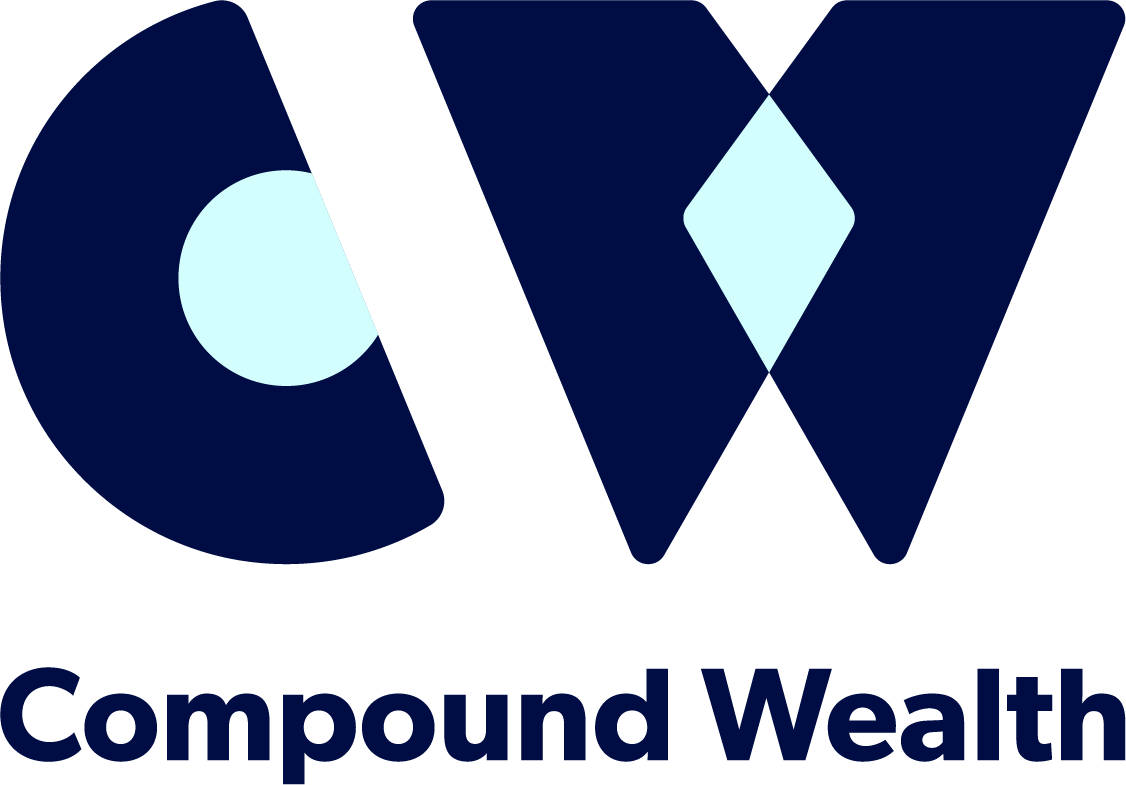How Much Will I Have in KiwiSaver by Retirement?
A lot of Kiwis want to know - how much will I have in KiwiSaver by retirement? Now we could just look at the average KiwiSaver balance statistic and point you on your merry way, but but that wouldn’t be very helpful. Plus an average KiwiSaver balance unfortunately is not going to see you through retirement - we wrote a blog on this too, you can read it here.
We’ll show you how just a few adjustments to your strategy could result in a larger KiwiSaver balance come retirement.
Key Factors That Determine Your KiwiSaver Balance:
How much you’ll have in your KiwiSaver depends on several factors, including your contribution rate, government contributions, and investment returns. Let's break it down so you can get a better idea of what to expect.
Your KiwiSaver Contributions
Your personal contributions can play a big role in growing your KiwiSaver balance. You can contribute 3%, 4%, 6%, 8%, or 10% of your salary. The more you contribute, the faster your balance could grow.
Employee Contribution Percentage Comparison
Government Kiwisaver Contributions
The Government provides a 50-cent match for every dollar you contribute, up to $521.43 per year. To get the full amount, you need to contribute at least $1,042.86 annually. This is essentially free money that helps grow your KiwiSaver balance.
This is particularly important if you are self employed as you will need to ensure you are contributing to your KiwiSaver yourself to get the government contributions.
Minimum KiwiSaver Contribution to receive Government Contribution
KiwiSaver Investment Returns
Your KiwiSaver fund’s performance plays a huge role in determining your final balance. Different funds have different expected returns, generally higher risk funds in the aggressive category return the highest returns, and in comparison funds in the moderate or conservative category return the lowest over the long term.
The latest Morningstar KiwiSaver Survey data has the following return rates for the last 10 years after fees before tax:
Aggressive Category 10yr Average: 9.3% p.a
Growth Category 10yr Average: 8.3% p.a
Balanced Category 10yr Average: 6.7% p.a
Moderate Category 10yr Average: 4.7% p.a
Conservative Category 10yr Average: 4.2% p.a
While it may seem obvious that a Growth or Aggressive fund is the right choice if you have a long investment timeframe, it’s important to remember that not all funds in these categories perform equally. For example, over the past 10 years, the best-performing Aggressive fund returned 10.4% p.a., while the worst-performing Aggressive fund delivered just 7.9% p.a.. That’s a significant difference in long-term returns. To see which Growth and Aggressive funds are currently leading the pack, check out our blog: the best performing KiwiSaver funds going into 2025.
Comparing KiwiSaver Fund Categories
KiwiSaver Growth Over Time
One of the biggest factors in determining your KiwiSaver balance at retirement age is the amount of time your money has to grow. The earlier you start contributing, the more you can benefit from compound returns - where your investment gains generate their own returns over time.
The sooner you start contributing the more time your KiwiSaver has to work for you, helping you wake up to a bigger retirement balance in the future!
KiwiSaver Balance at Retirement?
So How much will I have in my KiwiSaver at retirement age?
With the right fund choice, consistent contributions, and time on your side, your KiwiSaver has the potential to grow into a significant nest egg. Everyone’s journey is different - but the good news is, we can help you get a clear idea of what’s possible.
Take our KiwiSaver Quiz, and we’ll create a personalised report that shows you what your future balance could look like. Start the quiz now and see what your KiwiSaver could be doing for your retirement!
Compound Wealth are based in Mount Maunganui, Tauranga and offer KiwiSaver, Investment & Retirement Financial Advice to clients all over New Zealand.







